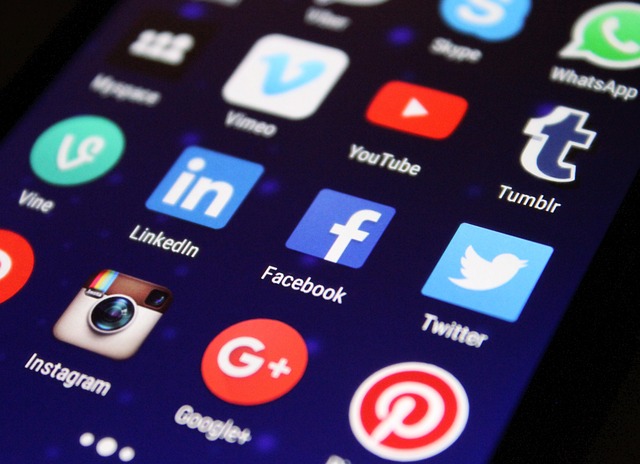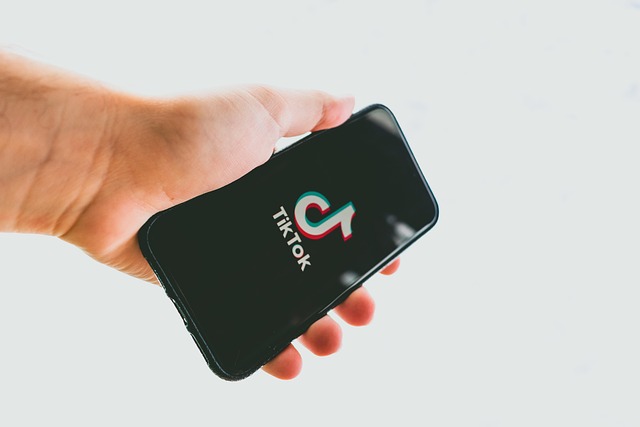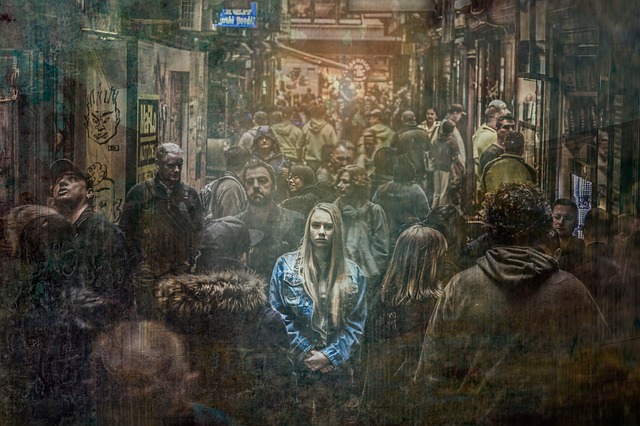In today’s digital age, the intertwining of social media and relationships has transformed how we connect, communicate, and navigate our personal lives. The influence of social media platforms like Facebook, Instagram, and Twitter can be both profound and perplexing, shaping our interactions in ways we might not fully understand.
Social media has become an integral part of our daily routines, where a single post, tweet, or photo can convey emotions and intentions that words sometimes fail to express. Scrolling through feeds, we’re bombarded with snapshots of friends’ lives, each moment perfectly curated to represent happiness, success, or connection. This digital highlight reel can cultivate feelings of envy or inadequacy, as we compare our behind-the-scenes struggles with the polished representations displayed online. As we vie for likes and comments, the worth of our relationships can inadvertently become tied to these metrics, triggering insecurity and doubt.
Furthermore, platforms that promote instant communication can often lead to misinterpretations. A seemingly benign message can be distorted, leading to misunderstandings in relationships. The absence of non-verbal cues—such as tone of voice and body language—makes it easy to misjudge intentions, often resulting in unnecessary conflicts. Couples may find themselves debating over text messages, each assuming the other’s tone is more negative than intended, which can fuel frustration and resentment.
Yet, the impact of social media on relationships isn’t solely negative. It also provides unprecedented opportunities for connection. Long-distance relationships have flourished with the help of technology, enabling couples to maintain intimacy and share their lives despite physical distance. Video calls, instant messaging, and shared experiences over platforms can make being apart feel less isolating and more navigable.
Moreover, social media allows individuals to showcase their personalities, passions, and interests, which can enhance the dating experience. Profiles serve as modern-day icebreakers, giving people insights into each other’s lives before even exchanging a word. It helps to foster connections based on common interests and shared values, paving the way for more meaningful relationships.
As we navigate the complex landscape of social media and relationships, it becomes increasingly important to establish boundaries. Open communication becomes paramount; discussing how each partner perceives social media can create understanding and help manage expectations. Setting guidelines on social media use, such as sharing vulnerabilities and celebrating authentic moments instead of just highlights, can strengthen bonds and cultivate deeper trust.
In essence, social media acts as a double-edged sword in our personal lives. While it has the power to enrich connections and foster new ones, it can equally serve as a source of discord and misunderstanding. Recognizing its impact and actively engaging in conscious communication can help ensure that digital interactions enhance rather than hinder our relationships. As we continue to adapt to these changes, it remains crucial to find a balance that nurtures our connections both online and offline.




